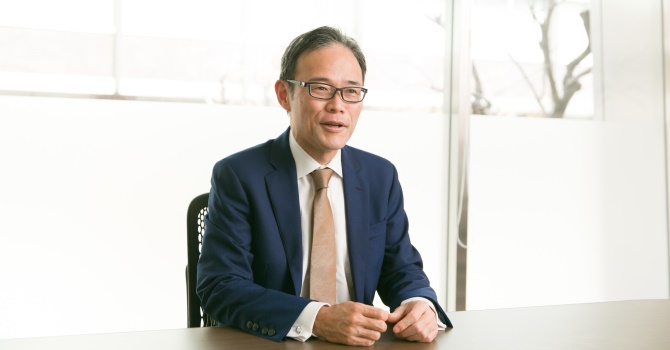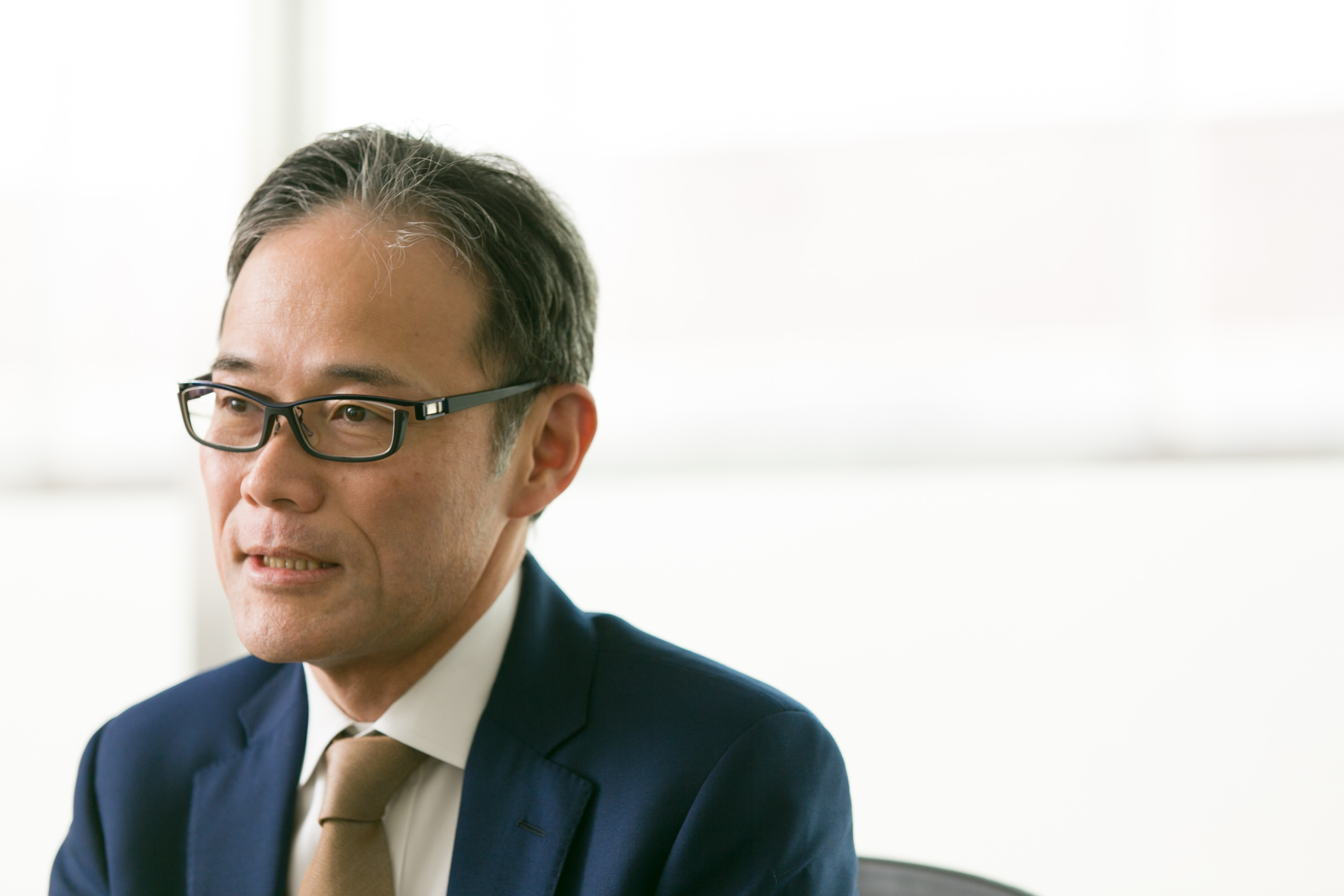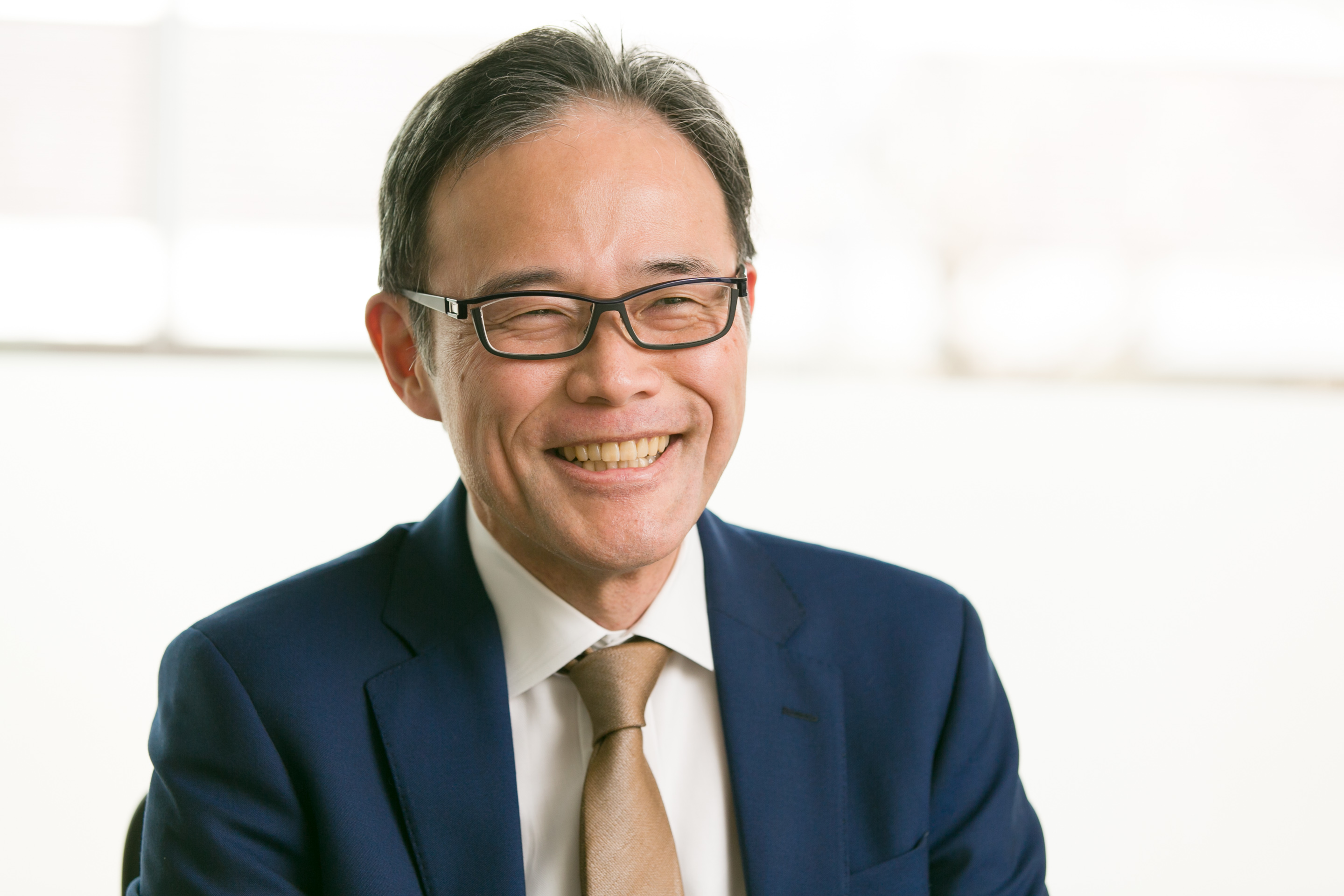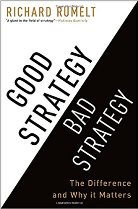Gregory Rokuro Hara

- Classification
- Evolving Investment Opportunities
- Company
- J-STAR Co., Ltd.
Gregory Rokuro Hara: CEO & Managing Partner, Head of Investment Committee
Since joining J-STAR as a founding member in 2006, Gregory Hara has been involved in origination, execution, monitoring, and exiting. He is also involved in corporate activities, fund raising, and PR. Prior to joining J-STAR, Mr. Hara worked at JAFCO, where he organized buyout investments for companies within the service industry, such as BancTec Japan and Medical Tribune. He also has experience in buyout investments, investment banking at Lehman Brothers (Tokyo) and corporate financing in Japan and America in the form of purchasing, LBO, project financing and cross border leasing at Long-Term Credit Bank of Japan.
Mr. Hara received a bachelor's degree from Keio University. He is a Certified Public Accountant (US CPA) and a Chartered Member of the Securities Analysts Association of Japan (CMA)

J-STAR’s investment style is to gain return by providing not only capital but also solution ideas. We invest to receive majority shares in private SMEs in Japan. By getting involved in the management of the company itself, we can work to increase the enterprise value to gain return at the exit. In the investment process, we seek for a source of return by providing solutions to issues/problems that SMEs face. Typical issues include lack of marketing strategies, needs for improving efficiencies in manufacturing sites, financing of working capital & CAPEX, lack of the successor and general business strategies, lack of ability to provide sufficient compliance structure, and lastly, particularly for owner owned companies, inheritance/asset allocation issues within the family.
We source investment opportunities directly or through an intermediary (mainly M&A advisors). The evaluation process includes preliminary research/proposal, letter of intent, due diligence, and execution. During the process, we hold a series of investment committees to evaluate the opportunity: business sustainability, expected returns, identifying risks, post-investment action plans, ESG, etc. We typically review about 100 opportunities a year and invest in 3-5 companies.
I see great opportunities in the private equity investment in SEMs. Generally, compared with large institutions, SMEs are surrounded by a number of issues. These issues can be attractive, as solving these issues can be a source of return. In addition, in the aging society, there are many companies have succession issues. We see increasing trend in succession related opportunities. Also, in the decreasing birthrate environment (and therefore decreasing population), companies are seeking for more efficiencies, which creates consolidation opportunities even in the SMEs. Financial sponsors like J-STAR can be a bridge for these consolidation opportunities to increase enterprise values. Lastly, there are many large institutions with cash on their balance sheets with low ROEs, which can be great exit routes. For these reasons, we feel that mid-small space is attractive.

I started my career as a commercial banker and working with SMEs. I felt the uniqueness and dynamism of SMEs. As a banker, I had a chance to work with private equity firms in the U.S. through leverage financing. A private equity firm bought the bank I worked for. That’s how I gained interests in the industry. Meanwhile, financing regulation in Japan was following the global trend of tighening regulation. Though I first started working in the private equity industry in 1999, I struggled as there were not many deals, but since then, deal pipelines increased, and social recognition of private equity has improved. I believe that the private equity in Japan will play an even larger role going forward.
In executing investments, the range of required knowledge is extensive. It starts with a financial analysis of target companies, but since we get involved in the management of the company, we need to have the industry knowledge, the business understanding and be aware of legal, accounting, HR issues, as well as the market environment and FX movements. Some large private equity players who invest in bigger institutions, they can utilize professionals and consultants. On the other hand, SMEs do not bear such costs, so portfolio managers play the consultant role instead. It’s hard work, but also exciting.
When an investment becomes successful, we are appreciated by the management/employee of the portfolio company (because the business performance is good), client (because their counter-party risks decreases), suppliers (because they get more business from the portfolio company), bankers (because the balance sheets becomes clean), limited partners (because they enjoy the capital gain), and our employees (because they receive carry). On the other hand, if an investment fails, all the opposite could happen. So it’s a lot of pressure, but exciting at the same time.
Our job is attractive because we can work with many people like mentioned above to share the experience and gain trusts to build long-term assets.

From the many beliefs, I would choose to "do the right thing". Holding the majority stake is powerful: we can appoint or remove the management. Having such power may bring you temptation or traps and get into a conflict of interests situations inadvertently. "Right thing" could mean many things. It sometimes ways to make a difficult decision, but to obtain trusts from stakeholders, and also to solve problems, it's necessary. We have to be unselfish, unbiased, and unregretful. As a human being, it may sound common sense, but I believe responding to the trust is on the top of the priority.
Currently, there are 13 portfolio companies with diverse industries and investment timing. The diversification is important to reduce risks. Concerning target companies, we seek for positive business history/financing performance as well as a firm market position, which contributes to a stable cash flow. We have the operating team who support the portfolio companies’ daily business to avoid deterioration of the financial performance. Also, as a signatory of United Nations’ Principles for Responsible Investment (UN PRI), we check investment opportunities against ESG checklist which is a part of the protection of the assets.

"読んで損しない本"? is one of my favorite contents, and I have picked up books from the list in the past. I realize that books that are directly related to investment have already introduced. Thus, I’d like to introduce a book about solution capital, which mentioned in our investment philosophy section above. I’d like to recoommend “Good Strategy Bad Strategy: The Difference and Why It Matters” (2011) by Richard Rumelt. He explains his strategy in just one sentence: "the strategy is problem-solving". He points out that all actions could be to solve problems, concrete, and achievable, and we should focus on these efforts. His statement may be common sense, but in the book, he explains some sucessful cases (and failure cases) such as Battle of Trafalgar, the Apollo program duiring the cold war, and Hannibal in the Balle of Cannae. It's is recommendate for thoes who like history and war chronicles.
For general information, I read Nikkei News. For the industry information, I read Private Equity International, Asian Venture Capital Journal, PE Hub Wire, PitchBook News, Fortune Term Sheet. For managerial information, I read Weekly Global Coach, which introduce many books.
Notes:
This article originally appeared on July 3, 2017. Any views presented in this article are as of such date and are subject to change.
This article and the information provided therein are not a recommendation to purchase or sell any security, nor are they intended to constitute the marketing of, or a solicitation for investment in, any investment product.
J-STAR is an independent and partner-owned Japanese alternative asset manager with $580 million of assets under management. Founded in 2006 in Tokyo, J-STAR has grown into one of the most successful investment firms in Asia, with 20 skilled and experienced professionals. (As of June 2017)
J-STAR is committed to provide small and medium size enterprises with solutions to solve confronting problems and to unlock their potential. We work to build well-balanced cooperative relationships with all stakeholders such as company's management, employees, lenders, business partners, clients & customers, and investors, because that is indispensable to a company's sustainable growth. Our name, J-Star, reflects our belief that each stakeholder is a star and our success in creating values shine each one of stakeholders.

July 27, 2017
by Investment in Japan

